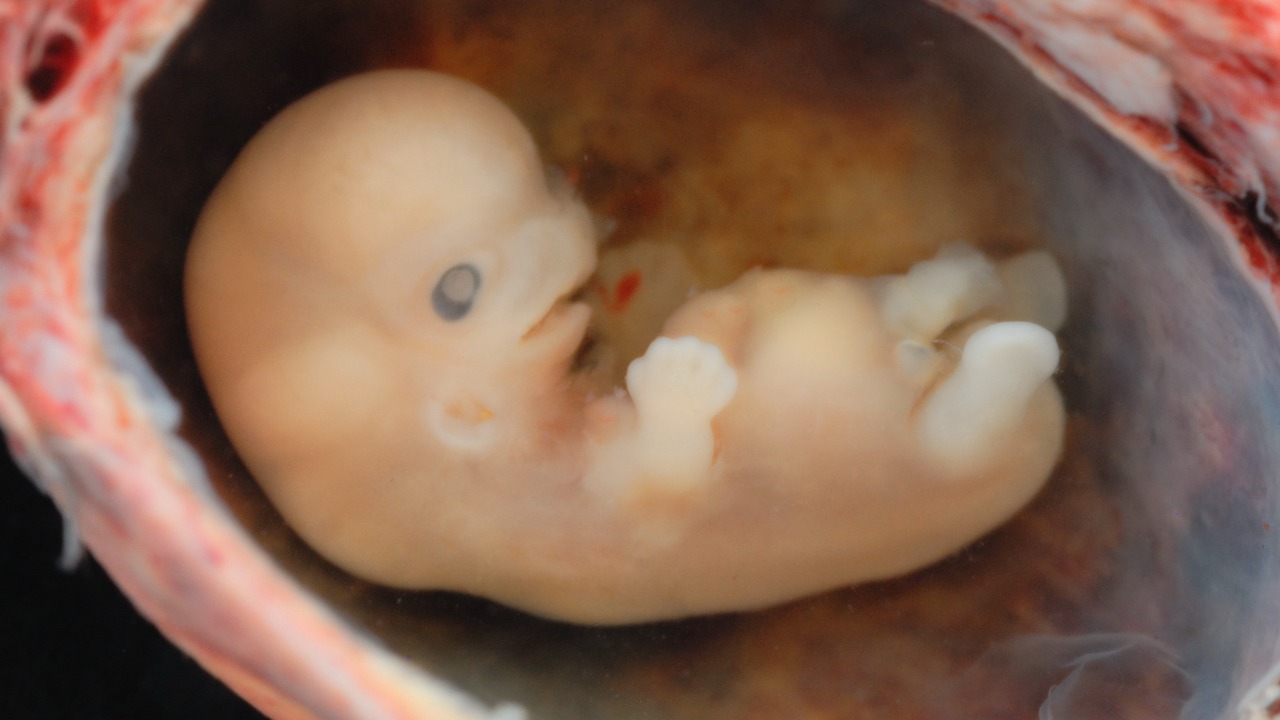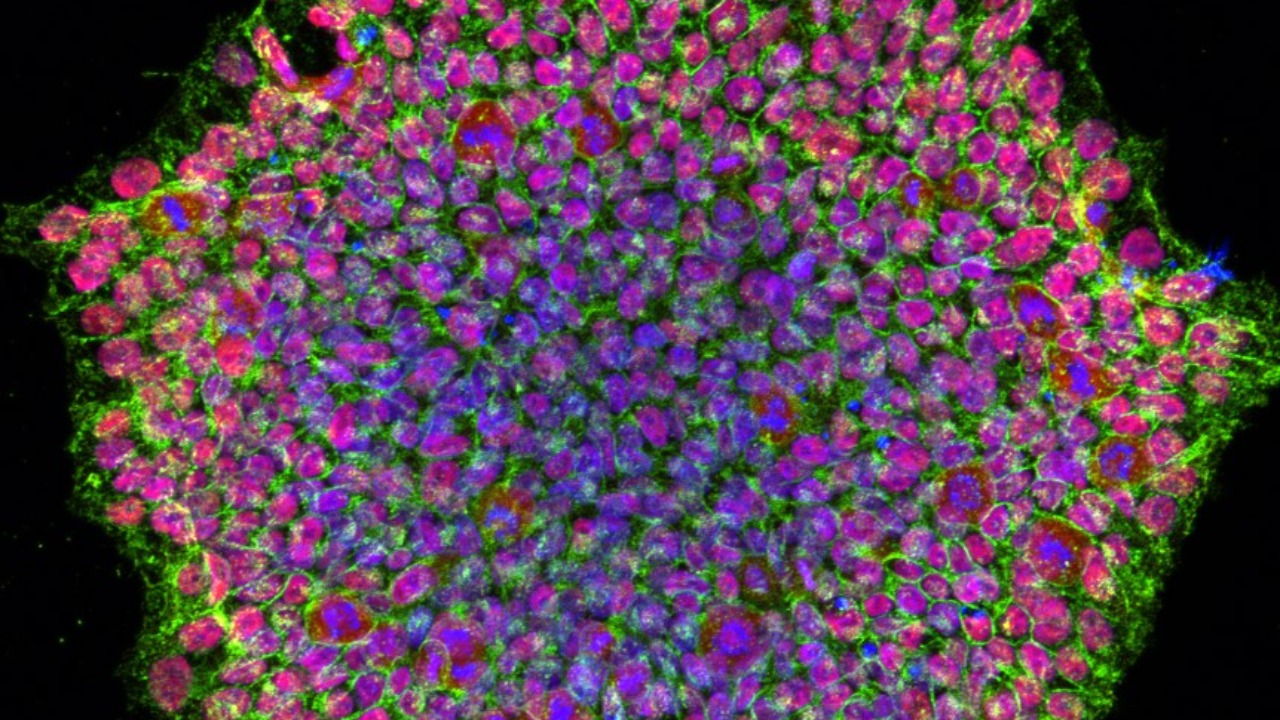
In a groundbreaking scientific achievement, researchers have successfully created human embryos using DNA from skin cells and sperm, marking a world first in genetic engineering. This milestone, reported on September 30, 2025, has raised significant ethical questions and potential implications for reproductive technology. The development has been covered extensively, highlighting both the scientific breakthrough and the ethical debates it has sparked.
Scientific Breakthrough: Creation of Embryos

Scientists have achieved a remarkable feat by creating early-stage human embryos using DNA from skin cells and sperm. This pioneering work represents the first time such a method has been successfully implemented, opening new avenues in genetic engineering. According to AA, the process involved transforming skin cells into pluripotent stem cells, which were then coaxed into becoming egg cells. These egg cells were subsequently fertilized with sperm, resulting in viable embryos.
The creation of working egg cells from human skin DNA is a world-first achievement that has been hailed as a significant advancement in reproductive biology. Science Alert reports that this breakthrough could potentially revolutionize the way scientists approach fertility treatments and genetic research. By bypassing the need for traditional egg cells, this method could offer new possibilities for individuals facing infertility issues.
In addition to the immediate implications for fertility treatments, this breakthrough also opens up new possibilities for genetic research. By utilizing skin cells, which are more readily available and less invasive to obtain than traditional egg cells, researchers can potentially explore a wider range of genetic conditions and variations. This could lead to a better understanding of genetic diseases and the development of targeted therapies. Furthermore, the ability to create embryos from skin cells could facilitate the study of early human development stages, providing insights that were previously difficult to obtain due to ethical and practical limitations associated with using traditional embryos.
Implications for Reproductive Technology

This scientific breakthrough may pave the way for new reproductive technologies and methods. The ability to create embryos from skin cell DNA could transform current fertility treatments and options, offering hope to many who struggle with infertility. As noted by BBN Times, this advancement could lead to more accessible and efficient reproductive solutions, potentially reducing the reliance on donor eggs and expanding the possibilities for genetic parenthood.
Furthermore, the implications of this technology extend beyond fertility treatments. The ability to generate embryos from non-traditional genetic material could have profound effects on genetic research and therapy. Science Alert highlights that this method could be used to study genetic diseases and develop new treatments, offering a deeper understanding of human development and genetic disorders.
Moreover, the potential to use skin cell-derived embryos in reproductive technology could democratize access to fertility treatments. Currently, many individuals face significant financial and logistical barriers when seeking fertility assistance, particularly when donor eggs are required. By reducing the dependency on donor eggs, this technology could lower costs and increase accessibility, making fertility treatments more inclusive. Additionally, this method could allow for genetic parenthood in cases where it was previously impossible, such as for individuals with certain genetic disorders that affect egg production. This advancement not only promises to enhance reproductive options but also to personalize treatments based on individual genetic profiles, potentially increasing success rates.
Ethical Considerations and Public Concerns

The creation of embryos from skin cells raises significant ethical questions about the future of human reproduction and genetic manipulation. Concerns have been voiced by various stakeholders, including Sky News Contributor Kosha Gada, who expressed apprehension over the potential consequences of this scientific breakthrough. In a Facebook post, Gada highlighted the broader ethical debates surrounding the manipulation of human genetic material and the potential for unforeseen consequences.
These ethical considerations are not new to the field of genetic engineering, but the ability to create human embryos from skin cells adds a new dimension to the debate. As reported by CNA, questions about the moral implications of creating life in a laboratory setting and the potential for misuse of this technology are at the forefront of public concern. The scientific community is urged to address these ethical challenges as they continue to explore the possibilities of this groundbreaking technology.
Public concerns also extend to the potential for this technology to be used in ways that could exacerbate social inequalities or lead to new forms of discrimination. The ability to select for certain genetic traits, for instance, raises the specter of ‘designer babies,’ where genetic engineering could be used to enhance physical or cognitive traits, leading to ethical dilemmas about what constitutes acceptable use of genetic technology. As CNA notes, the potential for misuse of this technology necessitates a robust ethical framework to guide its application, ensuring that it is used to benefit society as a whole rather than exacerbate existing disparities.
Future Research and Developments

Continued research is anticipated to explore the full potential and limitations of this technology. Scientists are keen to refine the techniques used to create embryos from skin cell DNA, aiming to improve efficiency and reliability. According to AA, further studies will focus on understanding the long-term viability of these embryos and their potential applications in medicine and research.
As the scientific community delves deeper into this innovative field, addressing the ethical challenges associated with creating human embryos from non-traditional genetic material remains a priority. BBN Times reports that researchers are committed to ensuring that the development of this technology is guided by ethical considerations and public discourse. The future of reproductive technology may be reshaped by these advancements, but it will require careful navigation of the ethical landscape to ensure responsible and beneficial outcomes.
Future research will also need to address the technical challenges associated with this technology. Ensuring the stability and safety of embryos created from skin cell DNA is paramount, as is understanding the long-term health implications for any resulting offspring. Researchers are exploring ways to optimize the reprogramming of skin cells to improve the efficiency and success rate of embryo creation. As noted by AA, these efforts are crucial for translating this scientific breakthrough into practical applications that can be safely and ethically implemented in clinical settings. The ongoing dialogue between scientists, ethicists, and the public will be essential in navigating the complex landscape of genetic engineering and reproductive technology.